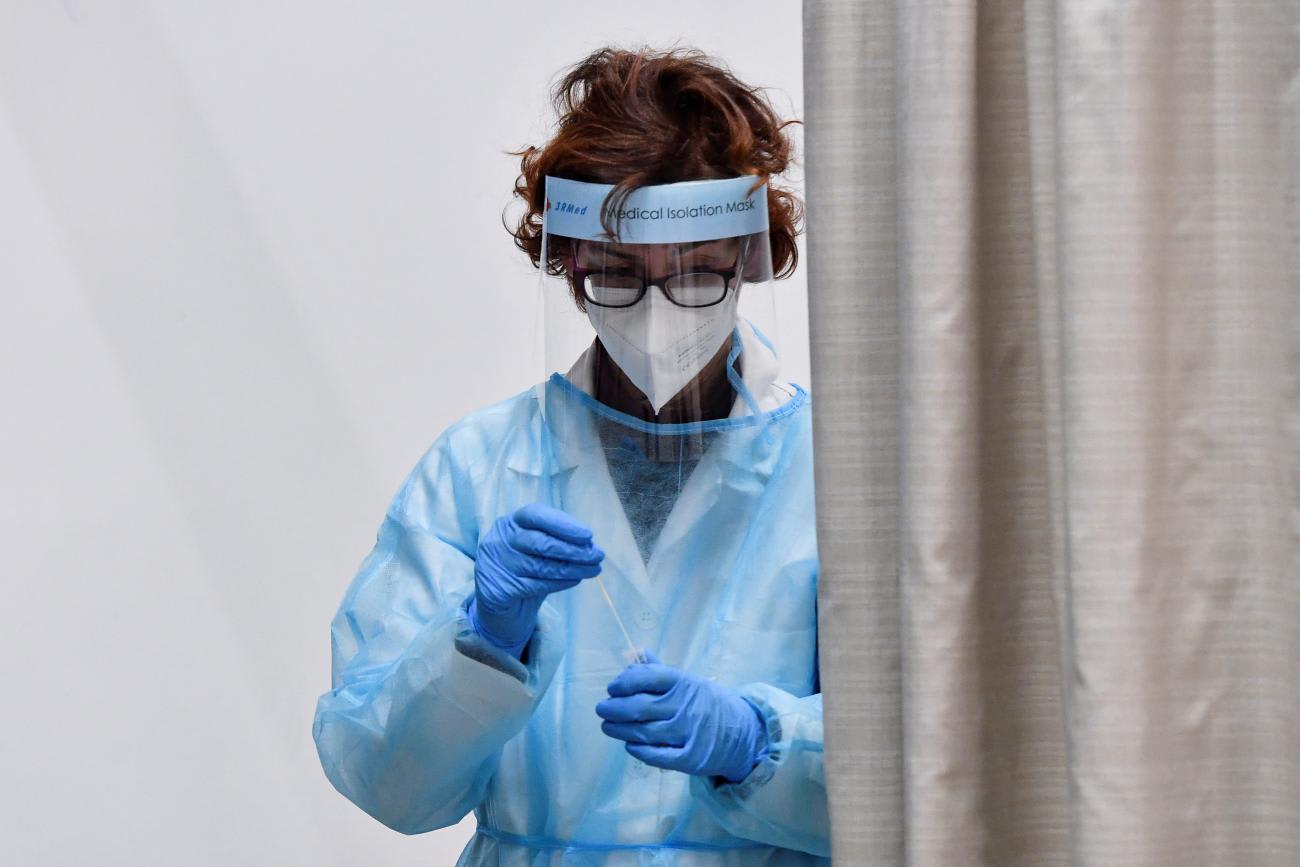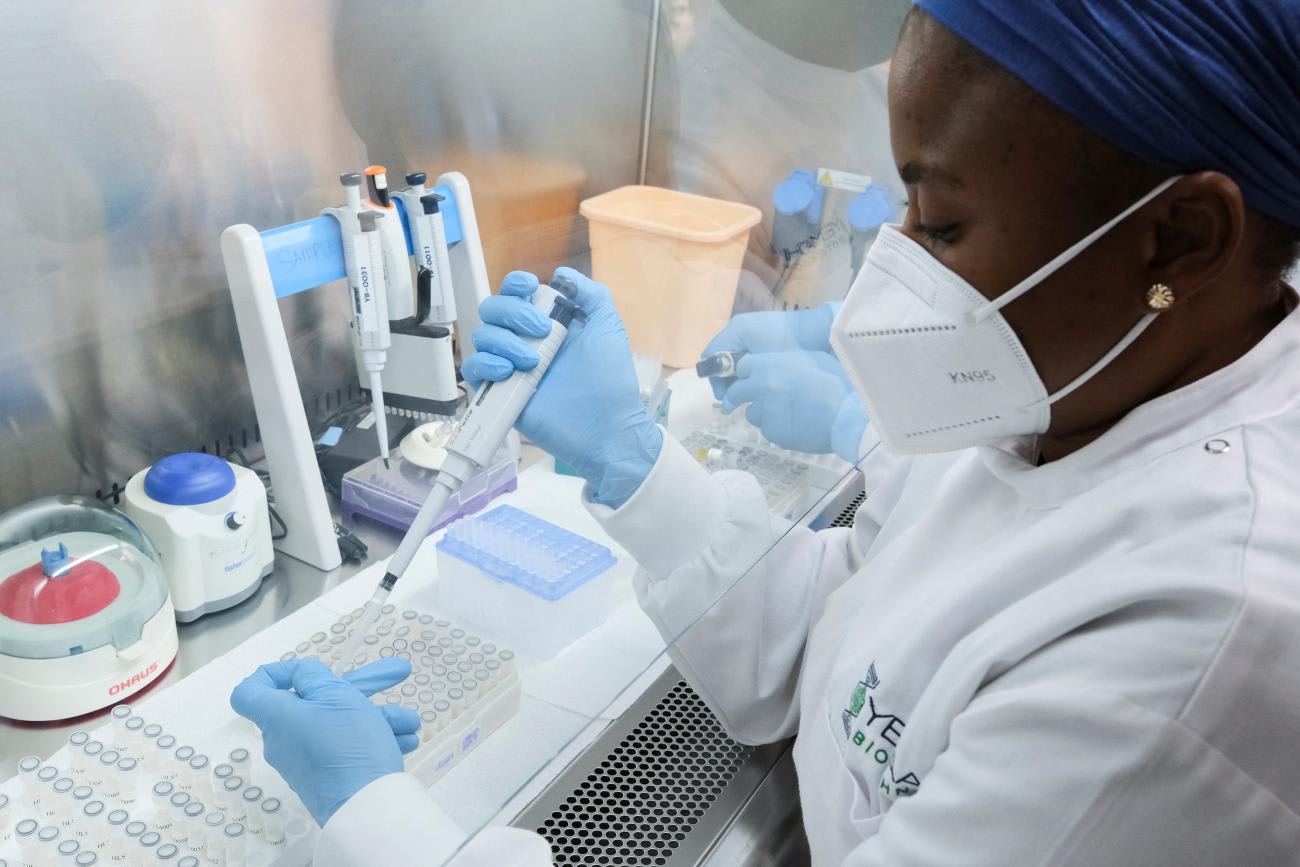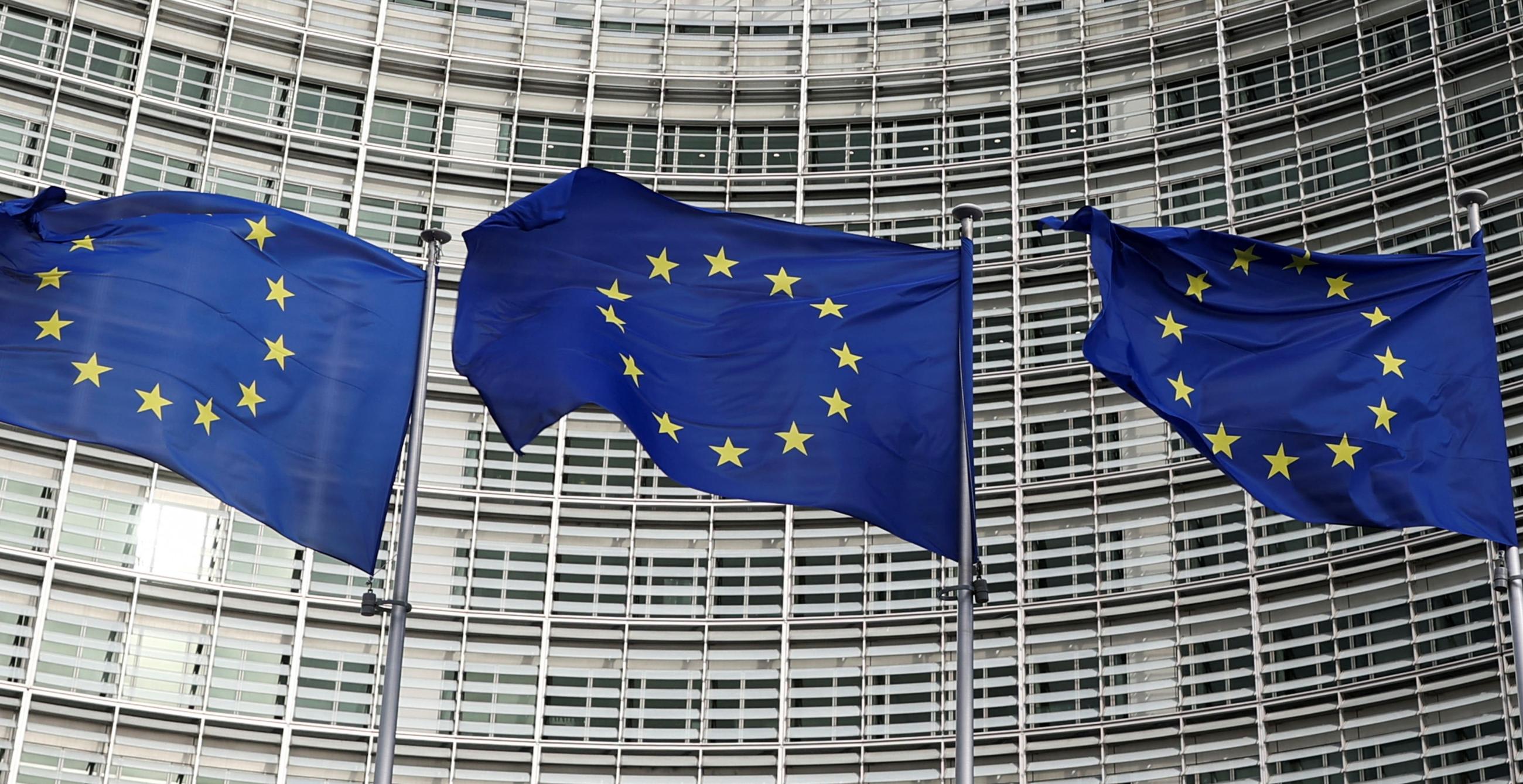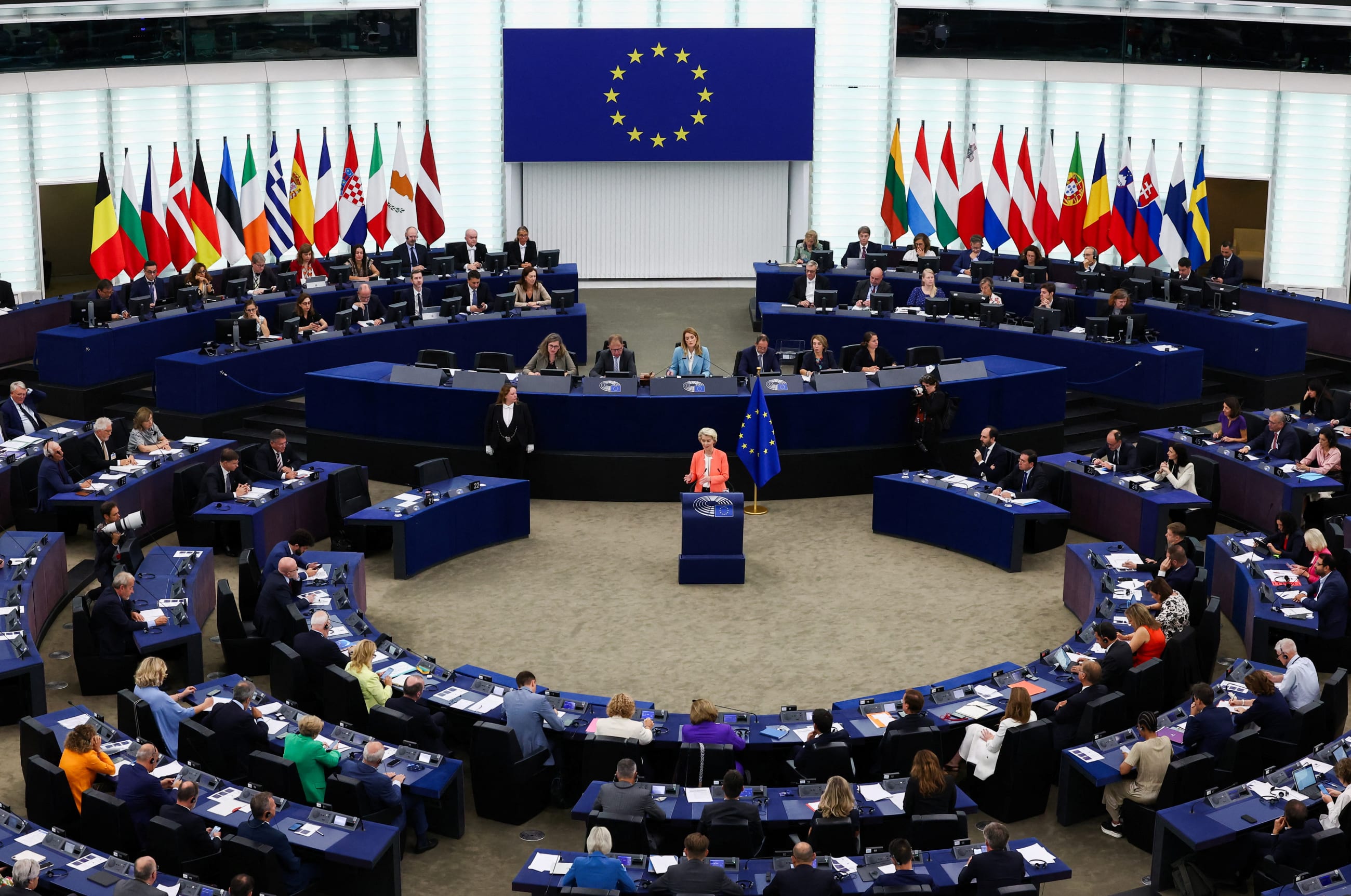The European Commission adopted the European Union Global Health Strategy on November 30, 2022. The strategy emerged in the wake of the COVID-19 pandemic to add a global dimension to efforts to improve public health within the European Union (EU). Over the past year, the EU and its member states began implementing the strategy to further strengthen the EU's contribution to global health. Early achievements demonstrate the strategy's potential, but important challenges lie ahead in fulfilling it.
The Road to the Strategy
The past three years have seen an extraordinary level of EU health activity. The pandemic underscored the need for EU member states to work together more effectively to prepare for and respond to health crises. The call for an integrated EU approach to health gained ground, and the European Commission put forward the concept of a European Health Union in November 2020. The global health governance debate sparked by COVID-19 also highlighted the need for a more joined-up EU strategy, especially as global cooperation became more difficult in an intensely geopolitical environment.
In an extraordinary move, EU health funding was multiplied several times over. The EU allocated an unprecedented €5.3 billion for the EU4Health program for the 2021–27 period, making public health a priority and a key component of the European Health Union.
The global health governance debate sparked by COVID-19 also highlighted the need for a more joined-up EU strategy
In turning the European Health Union into a reality, the European Commission overhauled EU health security by adopting the EU's first comprehensive regime to address serious cross-border threats to health. It also reinforced the mandates of the European Centre for Disease Prevention and Control and the European Medicines Agency and created the Health Emergency Preparedness and Response Authority. It launched a revised pharmaceutical strategy to make medicines more available, affordable, and innovative within the EU, as well as a major initiative to create an effective European Health Data Space.
Despite those reforms and the EU's financial, technical, and political clout, the importance of the EU's many roles in global health remained poorly understood. The EU has frequently been criticized, based mainly on its positions on intellectual property and its vaccine policies during COVID-19. Yet the EU provided critical support for the Access to COVID-19 Tools (ACT) Accelerator during the pandemic and remains the largest donor of development and humanitarian aid. The EU and its member states committed more than €53 billion to support partners' responses to the COVID-19 pandemic alone.
Even so, that level of involvement has not met with commensurate international appreciation—as if EU contributions are taken for granted. The EU's experience suggests that many global health actors and advocates have more difficulty coming to grips with a regional organization's actions than with the measures taken by individual countries.
The EU's central role in the response to COVID-19 sent a clear signal that the global dimension of the European Health Union needed further development. The changing geopolitical landscape, the pandemic, and the increasing relevance of global health action for European health priorities led the EU to begin work on a global strategy in May 2022. At the G7 health ministers' meeting in Berlin, European Commissioners announced that, "to secure the health all our citizens deserve, we must tackle health globally, and we must do this together."

The Strategy Arrives
Following a consultation process that included voices from partners in developing countries, the European Commission approved the EU Global Health Strategy (EGHS) at the end of November 2022. In general, stakeholders welcomed the strategy. It tackles all dimensions of global health, rather than focusing primarily on development. The strategy sets three clear priorities: better health throughout life, strengthened health systems and universal health coverage, and action to prevent and combat health threats. It also highlights two enablers—digitalization and workforce—and proposes structured guidelines and concrete actions to achieve its objectives.
Importantly, the EGHS defines the internal governance mechanisms needed to apply a health-in-all-policies approach, coordinate within EU institutions and across EU member states, and connect actions and resources with its objectives. Stakeholders have emphasized the need for the strategy to pay attention to the crucial climate-health nexus and the interactions of a panoply of policy sectors, including environment, energy, nutrition, food security, social protection, demography, education, research, humanitarian assistance, finance, trade, industrial policy, foreign affairs, and security.
The EGHS also responds to stakeholder input that past EU global health efforts lacked a monitoring and accountability framework. The strategy establishes such a framework centered on the Global Health Policy Forum, which helps stakeholders steward, adapt, and implement the strategy through 2030.
It tackles all dimensions of global health, rather than focusing primarily on development
Challenges for the Strategy
After its launch, challenges for the EGHS have come into sharper relief. While the European Council deliberates on formal endorsement of the strategy, implementation has begun. Led by France, EU institutions and member states are using an EU4Health Joint Action process to ensure that all policies contribute to global health objectives, develop better coordination, and speak with one voice. How that internal coordination functions will determine the strategy's long-term results. Effective intra-EU coordination will also be critical for communicating the strategy's importance, a task on which much work remains to be done.
The EGHS has hit the ground running in combating health threats, such as pandemics. The EU and its member states have helped partners fill the gaps that COVID-19 exposed by deploying €1.2 billion to support health systems and manufacturing in Africa and closing capacity gaps in prevention and preparedness through contributions to the Pandemic Fund. Indeed, the EU and its member states are the main contributors to the fund, which—in its first call for proposals—mobilized more than $2 billion for countries most in need.
At the same time, the EU supports an ambitious pandemic agreement that covers core gaps concerning prevention, preparedness, and response and amendments that produce stronger International Health Regulations. Those negotiations will be a litmus test for whether the emerging global health order will favor multilateral rules or other forms of international collaboration.
The EU has also made progress on the EGHS goal of delivering better health and strengthening health systems through digital technologies. It has shared its widely used digital COVID-19 certification with the World Health Organization (WHO) to support the WHO Global Digital Health Certification Network, an initiative to help protect people around the world from health threats. That collaboration illustrates the EGHS emphasis on digitalization and its aim to mutually reinforce EU and WHO activities—a commitment consistent with the EU's unprecedented financial and political support for the WHO during the COVID-19 crisis, when the WHO's role was challenged. Closer collaboration between the EU and the WHO throughout the EGHS will hinge on how much EU interests can be integrated into WHO processes and initiatives.

The EGHS will be implemented in a complex context. Internally, the EU is preparing for European Parliament elections, and a new European Commission will take over in the autumn of 2024. As the COVID-19 pandemic recedes into the past, global health competes for attention and resources with multiple, pressing political and economic challenges.
Externally, geopolitics stand in the way of the collective action and the negotiation of the multilateral rules that the EU seeks. Moves to rebalance global political power and advance economic interests of emerging actors dominate multilateral diplomacy and could trump health goals, such as closing gaps in pandemic prevention, preparedness, and response. EU financial support for closing those gaps seems to be taken for granted, while other actors receive positive attention for more limited global health initiatives. In addition, U.S. elections in 2024 will influence international relations, particularly the role of multilateral solutions in a world where cooperation with the countries of the Global South will be increasingly challenging.
Even surrounded by choppy waters, the EGHS is off to a good start. Navigating the daunting challenges at hand—and new ones that might arise—will be essential to ensure that the EGHS delivers better health for all in a changing world. To do so, the EGHS will need to vary the mix of tools and initiatives along the way, supported by close stakeholder involvement and driven by a single, powerful voice from EU institutions and member states.













